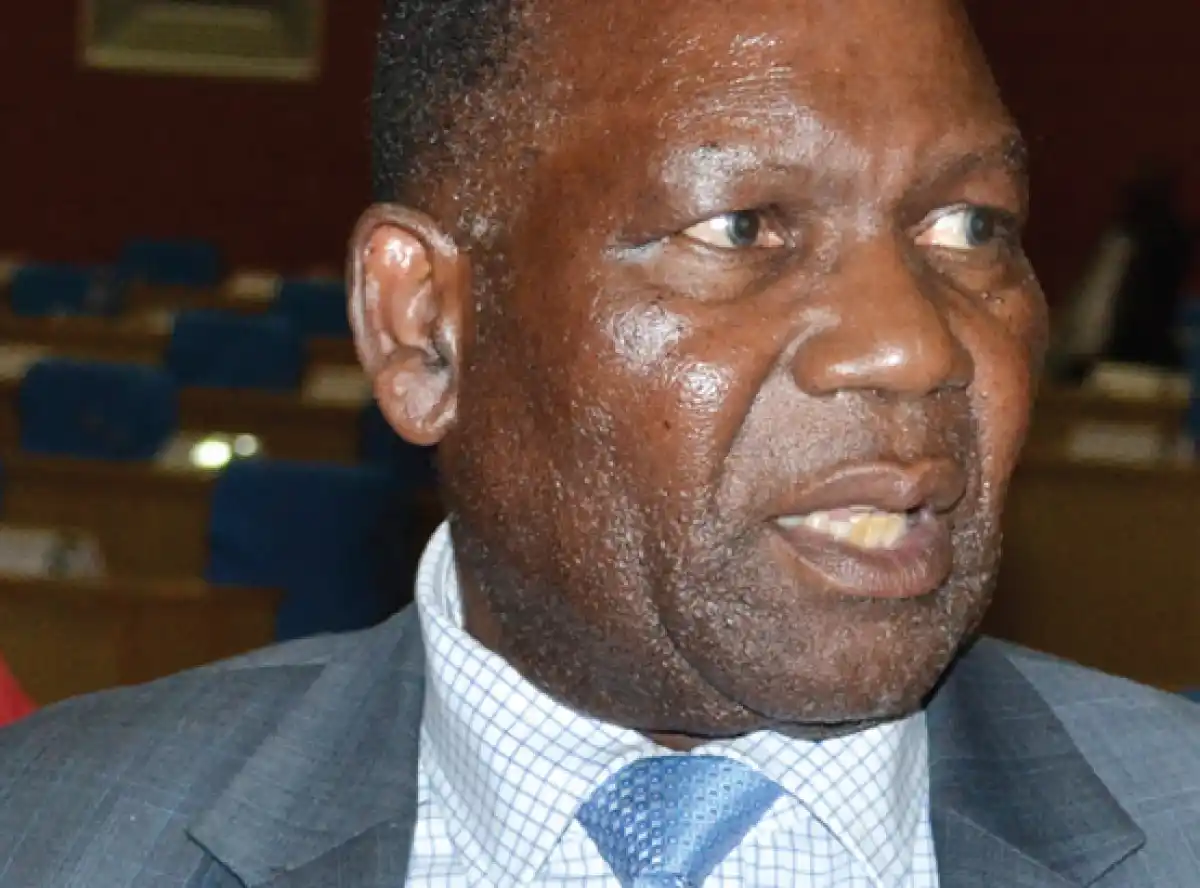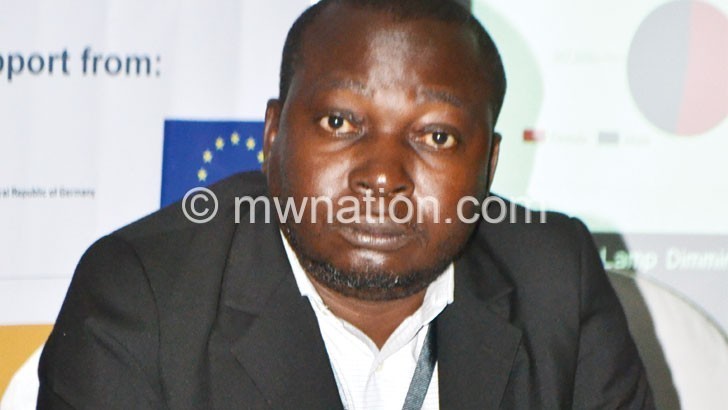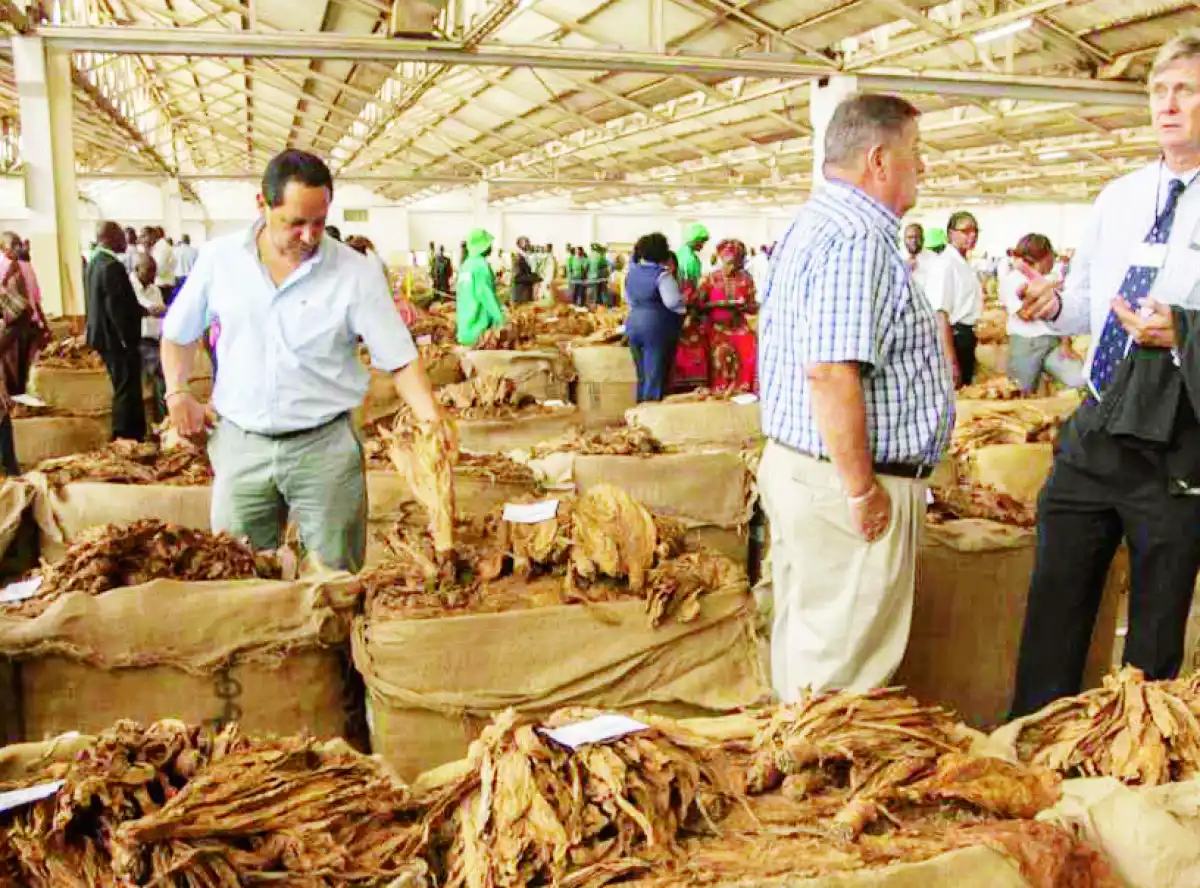
National Initiative for Civic Education (Nice) Trust’s long-serving staff member GREY KALINDEKAFE was recently appointed executive director for the organisation. As part of his strategy, Kalindekafe says he intends to use digital technology for civic education. After 25 years of service, how does it feel for him to rise to the top? Our Assistant Bureau Chief SUZGO CHITETE engages Kalindakafe for this more.

. How do you react to your appointment?
. I am deeply honoured and humbled. It feels incredibly rewarding to be entrusted with the leadership of an organisation that stands at the forefront of promoting civic education and good governance in the country. This role is not just a position to me, it is a culmination of 25 years of commitment, learning, and passion for civic engagement. I am excited to take on this challenge and continue to work with our dedicated team to empower and educate our Malawians. Together, we will strive to enhance the democratic values and practices that are the foundation of our society.
. What has kept you around Nice for all these years?
. My stay has been fuelled by a steadfast belief in the power of informed citizenry in shaping a vibrant democracy. Witnessing the tangible impact of Nice’s programmes on enhancing civic participation and the promotion of democratic values has been incredibly rewarding. Furthermore, being one of the two remnants from the 1999 crop of officers, I have made many friends but also helped many colleagues to grow as civic educators during the time that I was regional civic education officer as well as national programmes manager. The organisation’s dedication to fostering a culture of dialogue and tolerance aligns closely with my personal values, and this synergy has been a key factor in my long-term association with Nice.
. One would think you have been rewarded for your experience, expertise and loyalty. Do you think otherwise?
. Indeed, my appointment is a reflection of my commitment and qualifications. My experience in civic engagement and educational programmes has equipped me with the necessary skills to lead this organisation effectively. While loyalty to the principles that Nice stands for is a virtue that aligns with our mission, it is my expertise and the proven track-record in fostering transformative and sustainable civic education that truly form the basis of my appointment. Furthermore, it should be emphasised that over the past two years, while acting in this role, I have focused on stabilising the institution, which has not only regained the confidence of our previous donors but, also, attracted new ones.
. What would you want to do differently for Nice to achieve its strategic objectives?
. My focus will be on fostering a culture of innovation and inclusivity within the National Initiative for Civic Education (Nice). It is essential that we not only adhere to our strategic objectives but, also, reimagine them in the context of our rapidly evolving society. I intend to implement a more collaborative approach, engaging with communities at a grassroots to ensure that our programmes are both relevant and impactful. By leveraging technology and data-driven strategies, we aim to enhance our outreach and civic educational efforts, making civic education accessible to all, this Digital Transformation and Accessibility approach, we also intend to modernise Nice’s communication channels and platforms by developing an interactive website, mobile app, and social media presence to disseminate information , and also ensure that civic education materials are available in multiple languages and accessible to people with disabilities. Collaboration with universities and research institutions to enhance Nice’s impact will also be our priority.
. How else are you moving forward?
. My other area of priority will be on youth-empowerment through civic education. We will create targeted programmes to empower young people with civic knowledge and skills. Our goal is to build a foundation that not only educates but, also, empowers youth to be the driving force in shaping a more equitable and engaged society. We will also bring more innovation on mindset change by shifting from perceiving this as a topic or subject matter but as a process, hence we will develop civic education tools which shall make citizens regret their past behaviour and embrace change through learner-centred–problem posing, self-discovery and action-oriented (LePSA) approaches. This paradigm shift is essential for overcoming historical challenges and propelling the nation towards a more prosperous and self-reliant future, as outlined in Malawi’s vision for 2063.
Would you expound on who you intend to foster mindset change?
Our approach to fostering a mindset change through civic education will be multifaceted. Firstly, we will engage with communities to understand their specific needs and tailor our programs accordingly. We will also leverage modern technology to make civic education more accessible and engaging. Furthermore, we plan to collaborate with local leaders and influencers who can act as role models and amplify our message. We will also amplify our efforts in ensuring inclusivity and diversity by ensuring that civic education materials reflect the diversity of Malawi’s population. We will also address gender disparities and promote gender equality in civic education.
How ready is nice for next year’s General Election?
I would like first to extend my vote of appreciation for the enormous technical and financial support that has been provided to Nice Trust by the government and development partners like the European Union (EU) and the United Nations Development Programme (UNDP). However, we still need to do more resource mobilisation to fill gaps that we already envisage. The demand for Nice services is increasing by the day because Malawians continue to be plagued by different governance challenges that require appropriate civic education. We are optimising existing resources, and we are confident in our contingency plans to address any potential financial shortfalls.








0 Comments